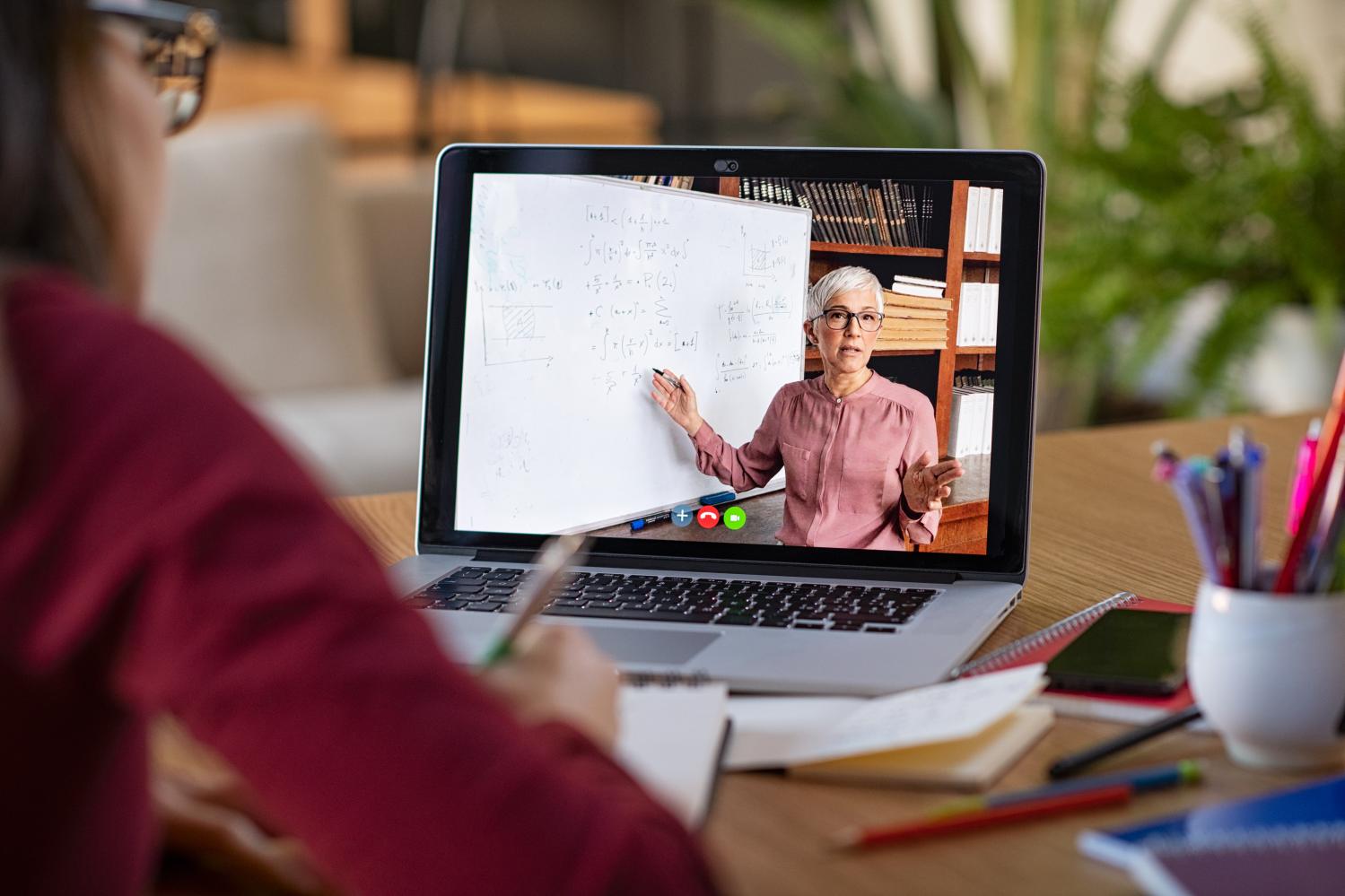Abstract
The COVID-19 pandemic has brought new urgency to chronic and interrelated educational challenges: the need to expand and equalize postsecondary access, reduce the sector’s reliance on costly in-person instruction, and develop a cumulative science of adult learning. Current federal government college funding programs do not encourage schools to be cost-efficient or to build toward the future needs of the U.S. workforce, let alone respond to the acute learning needs brought about by the pandemic. Yet U.S. higher education is an intrinsically adaptive ecosystem, rich with instructional and scientific talent; with the right incentives the ecosystem could quickly produce the flexible, affordable, and effective learning opportunities the nation needs.
We propose twin federal government initiatives to incentivize innovation in instructional delivery throughout the national postsecondary ecology, to bridge the divide between academia and the workforce system, and to accrete a cumulative science of adult learning. Under the first initiative, the federal government issues Learning Opportunity Credits (LOCs) to all U.S. adults who are either unemployed or who receive the Earned Income Tax Credit (EITC). LOCs will promote ongoing workforce training as well as the expansion of high-quality hybrid learning opportunities. Under the second initiative, the federal government establishes a national project on the Future of Learning, Opportunity, and Work (FLOW), a distributed collaboration between existing federal agencies and a network of competitively selected U.S. universities and their partners. FLOW will accumulate knowledge and inform policy on adult learning to serve the national interest moving forward. Packaged as dual initiatives and linked through data sharing and interoperability protocols, LOCs and FLOW are joint ventures.
The Brookings Institution is committed to quality, independence, and impact.
We are supported by a diverse array of funders. In line with our values and policies, each Brookings publication represents the sole views of its author(s).





